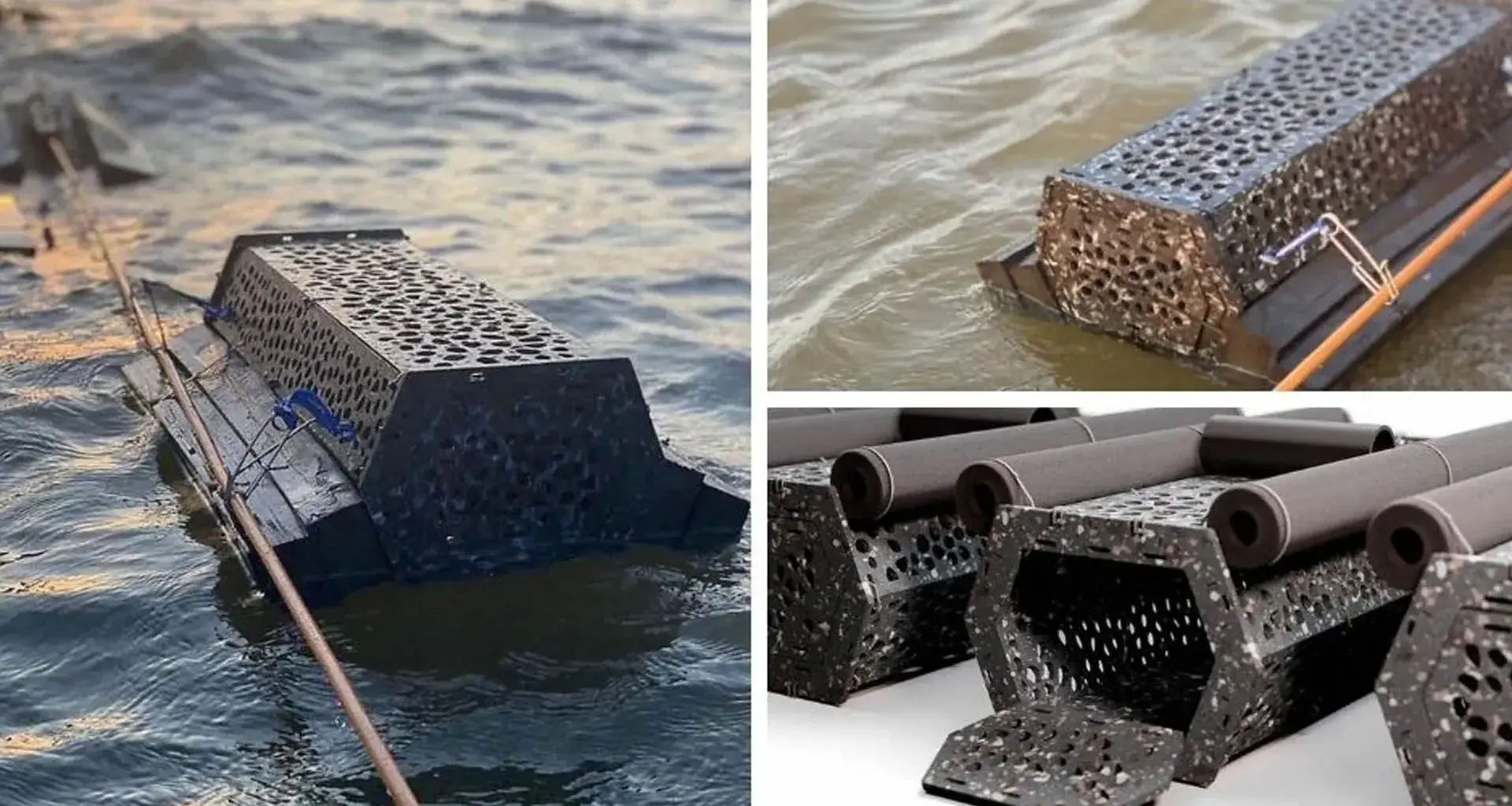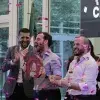Roberto Alfredo Méndez, a professor at Tec de Monterrey’s Toluca campus, has been recognized with a 2022 Red Dot Award for his Oysterland project, which aims to help reduce garbage in the sea.
The project consists of an eco-friendly basket for oyster farming equipped with Internet of Things technology for oyster farmers in the state of Tabasco that was developed by the Mexican Design and Innovation Studio (Aendo), a company run by the professor.
The project won the 2022 Red Dot Award, one of the most prestigious international awards, in the Sustainability category. This year is the third consecutive year in which they have won an award.
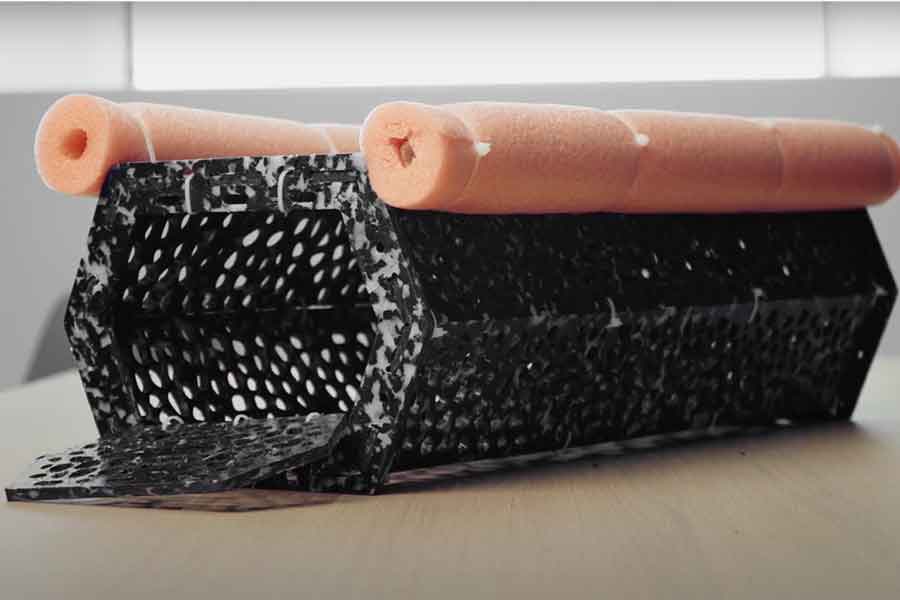
An innovative project that aims to be environmentally friendly
Oyster farmers in the state of Tabasco cultivate oysters using plastic baskets to place the oyster eggs in. The containers came from Mexico and other countries, but they had some drawbacks that impacted the locals’ time and resources.
Professor Méndez said that “the foreign options had the disadvantage of being higher priced, while the Mexican option had reliability and structural issues.”
“We began with the idea of designing another version that could compensate for those flaws or mitigate them, as well as include the use of recycled materials,” said Professor Méndez.
The biggest drawback for the oyster farmers, Méndez told CONECTA, was that if the baskets from other countries were damaged, they could not be repaired, which generated more waste and increased their production costs.
The project consists of an eco-friendly basket for oyster farming equipped with Internet of Things technology.
With a nationally developed design, local producers in Tabasco can replicate the basket at a low cost and repair it with cable ties, thus extending its useful life.
According to the professor, the project focuses not only on reusing garbage from the sea and turning it into a useful tool for farmers but also on promoting a circular economy so that the communities of Tabasco can become self-sufficient.
“The idea came from the question of how to remove this plastic pollution and give it a second use by creating a tool that could generate a sustainable working option.”
“What used to be garbage in the sea now generates a tool for sustainable practices,” explains Professor Méndez.
An award-winning design that is replicable and accessible to oyster farmers
The basket has a replicable design. Oyster farmers can create their own cage because they are provided with the cut files to do so.
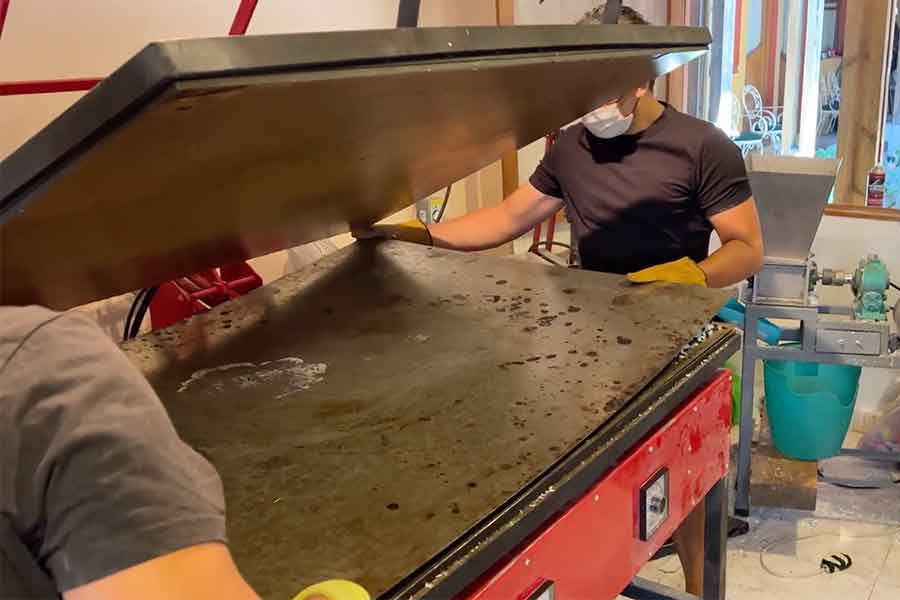
In collaboration with the company Ideas Disruptivas, Internet of Things technology was incorporated to prevent losses in oyster growth and to help monitor water.
The professor from the School of Architecture, Art, and Design says this simplifies the cultivation process and uses innovation to help Mexican oyster production become sustainable.
His motivation, and that of everyone in the company, “is for oyster farmers to generate the raw material to build the baskets, repair them if necessary, be self-sufficient, and have control over the things they need.”
With this project, they intend to strengthen the entire basket production cycle in which oysters are cultivated: obtaining the raw material, transforming it to create the product, and repairing it.
Recycled plastic baskets assembled with cable ties
En la fabricación de estas canastas, se usa el plástico recuperado del mar, al cual se le aplica el proceso para obtener la materia prima y realizar posteriormente las canastas.
“What used to be garbage in the sea now generates a tool for sustainable practices.” - Alfredo Méndez.
Professor Méndez explains that this is precisely the proposal: “the design project itself focuses on using this material to generate a basket measuring 60 by 20 centimeters, each one holding 8 to 10 kilograms of oysters.”
“On the farms, eggs are laid in lines of baskets. Approximately 20,000 baskets are used on an average farm,” he said.
Cultivation of the oysters begins when the eggs are placed in the baskets, where they remain for 8 months in the sea. At the end, the baskets are collected and the oysters are harvested.
The baskets are the basic element for this productive process to take place. When they first contacted the oyster farmers, they discovered that cable ties were used to repair cages that were broken or lacked hinges.
Cable ties are plastic strips used for fastening or securing things, and they made them the main element for assembling their proposal. “Instead of making movable or breakable elements, we used cable ties for all the joints.”
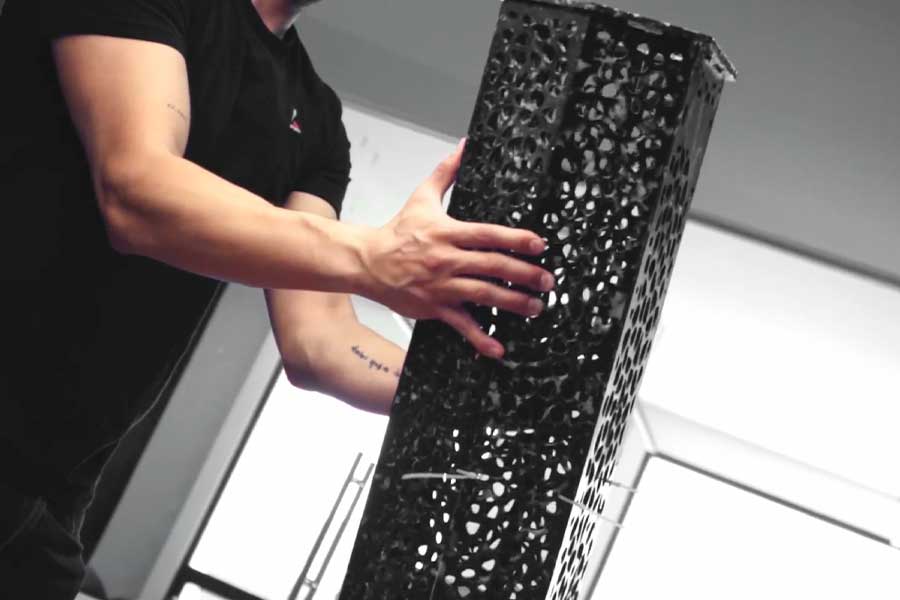
“Structurally speaking, we changed the idea that cable ties are used for repairs because the cable ties are already a structural element,” Méndez said.
Méndez said that Aendo provides the plans, the cut files, and the idea is that they can then make their own material. “We give them the instructions, a manual. These are open projects that can be taken and improved upon,” he explained.
Professor Alfredo Méndez’s trajectory
The Red Dot Award is one of the most prestigious international awards that more than 4,000 designers participate in, with only 200 winning in different categories.
“Structurally speaking, we changed the idea that cable ties are used for repairs because the cable ties are already a structural element.” - Alfredo Méndez.
Professor Méndez and his company have also won:
- 2021 Red Dot Award for their Bezier project
- 2020 Red Dot Award for their O’clock project
- 2020 Finalist Ibero-American Design Biennial for their Skyalert Epicenter project
- Finalist in the 2020 National Design Award (Hardware, Product Design, and Visual Communication)
- Second place in War on Virus A’ Design Award for their Pearl project.
- 2019 A’ Design Award for their Skyalert Epicenter Lite project
- 2019 National Design Award for their Citio project
- 2019 project with the greatest technological contribution (CONACyT) for their Citio project
- Winner of the 2015 Mexico City Urban Hardware Infrastructure Hackathon for their Ecobici Tracker project
ALSO READ:

